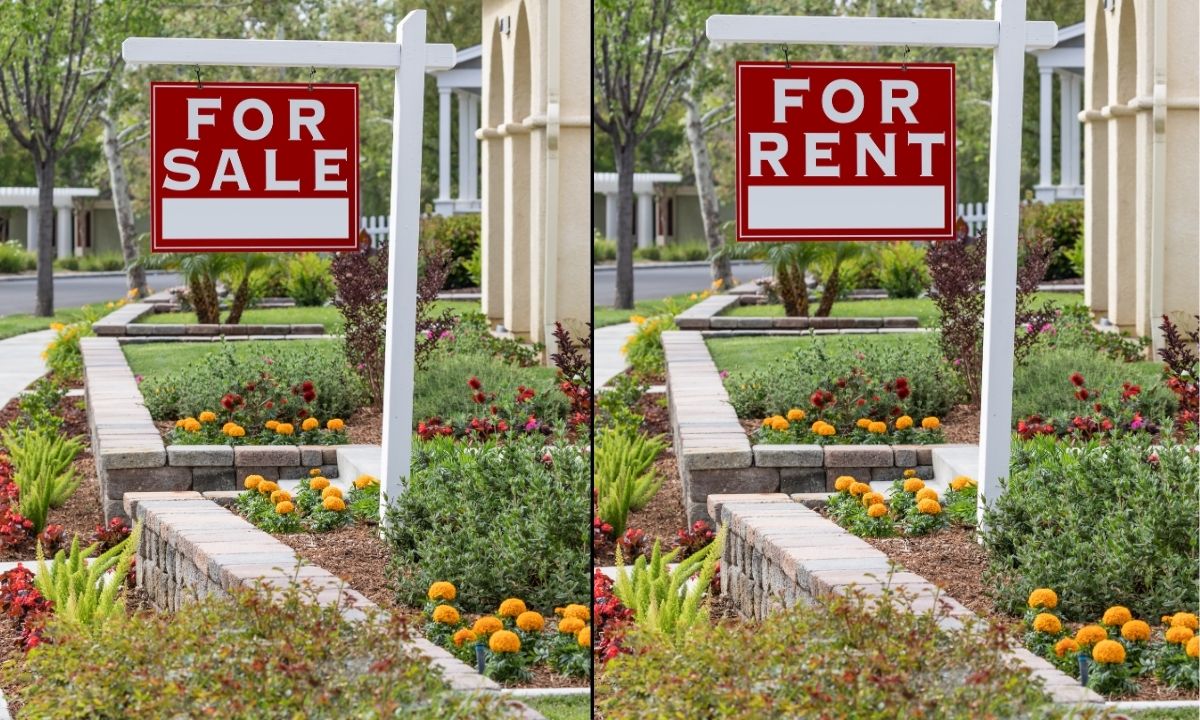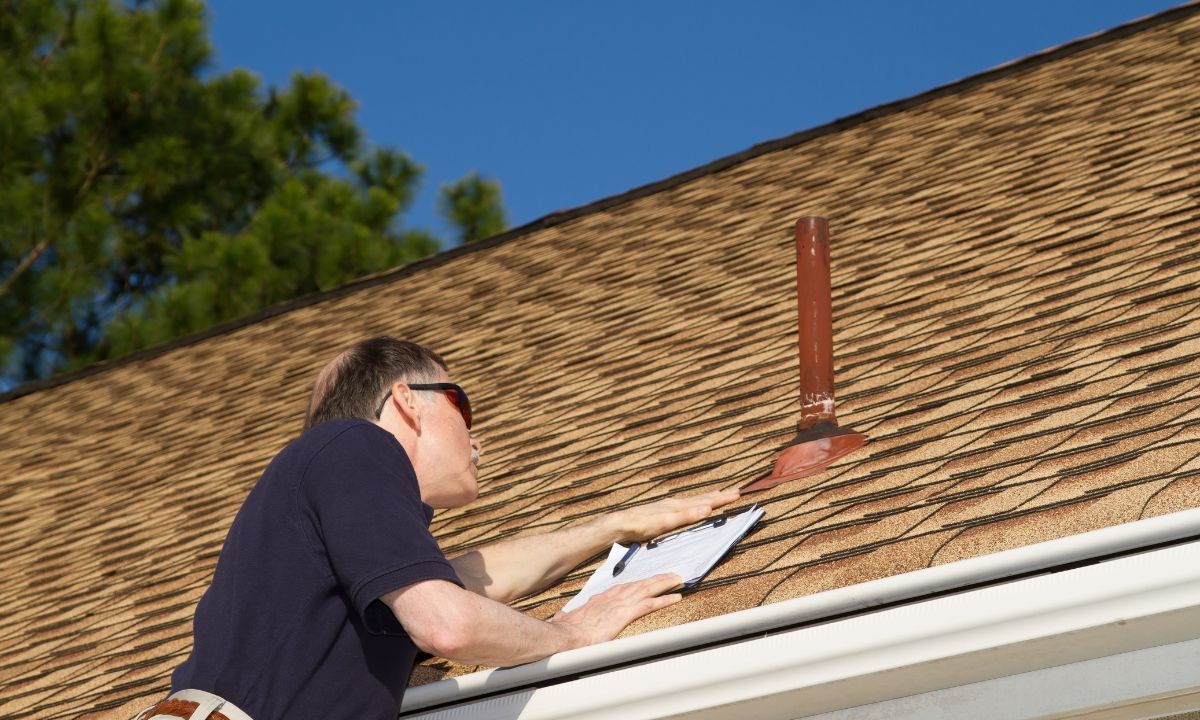
With so little in the way of data releases following the previous week’s FOMC Rate Decision, we’re left with a small release schedule with Consumer Credit and U.S. Trade Deficit rounding up the reports. While relatively light indicators of the current health of the economy, they are still useful for determining more impactful trends in the future. Next week, the inflation data reports with the CPI and PPI are the ones to look out for. This time, these are the ones that will largely determine whether we see rate cuts this year, and lending partners have already been lowering rates in anticipation.
U.S. Trade Deficit
The trade deficit fell by 2.5% in June and receded from a 19-month high, owing to higher exports of aircraft and U.S.-produced oil and gas. The deficit dropped to $73.1 billion in June from $75.0 billion in May, government data showed.
Consumer Credit
Consumers increased the amount of credit they used in June at a slower rate, in a sign of rising financial stress on U.S. households. Consumer credit rose by a modest $8.9 billion in June, Federal Reserve data showed. Economists had expected a $9.7 billion increase, according to a Wall Street Journal forecast.
Primary Mortgage Market Survey Index
- 15-Yr FRM rates are seeing a decrease by -0.36% with the current rate at 5.63%
- 30-Yr FRM rates are seeing a decrease by -0.26% with the current rate at 6.47%
MND Rate Index
- 30-Yr FHA rates are seeing a -0.01% decrease for this week. Current rates at 6.09%
- 30-Yr VA rates are seeing a -0.02% decrease for this week. Current rates at 6.10%
Jobless Claims
Initial Claims were reported to be 233,000 compared to the expected claims of 240,000. The prior week landed at 250,000.
What’s Ahead
As we head towards the last quarter of the year, next week will unveil one of the most important inflation data reports of the year. The Federal Reserve has kept a tight lip on whether it intends to cut rates this year, but they have repeatedly said it was predicted based on inflation data. With the last two releases showing favorable results in achieving their goal, it has fueled speculation that rate cuts are on the horizon.
 Buying a second home is an exciting milestone. Whether it’s a vacation retreat, an investment property, or a future retirement haven, the decision involves many considerations. One of the most important questions you’ll face is whether to rent out your first home or sell it. Both options have their pros and cons, and the right choice depends on your financial goals, market conditions, and personal circumstances. Let’s discuss the key factors to help you make an informed decision.
Buying a second home is an exciting milestone. Whether it’s a vacation retreat, an investment property, or a future retirement haven, the decision involves many considerations. One of the most important questions you’ll face is whether to rent out your first home or sell it. Both options have their pros and cons, and the right choice depends on your financial goals, market conditions, and personal circumstances. Let’s discuss the key factors to help you make an informed decision. Have less-than-optimal credit? That doesn’t necessarily mean you have to put your dreams of homeownership on pause. While buying a home with bad credit can be challenging, it’s certainly not impossible. Understanding your options and preparing adequately can turn this daunting task into an achievable goal.
Have less-than-optimal credit? That doesn’t necessarily mean you have to put your dreams of homeownership on pause. While buying a home with bad credit can be challenging, it’s certainly not impossible. Understanding your options and preparing adequately can turn this daunting task into an achievable goal. Buying your first home is an exciting milestone, but it can also feel overwhelming. One critical step in the home-buying process is the home inspection. An inspection is a complete examination by a professional home inspector and ensures the property is in good condition and helps you avoid costly surprises. What exactly does a home inspector look for in a home you want to buy? Let’s break it down.
Buying your first home is an exciting milestone, but it can also feel overwhelming. One critical step in the home-buying process is the home inspection. An inspection is a complete examination by a professional home inspector and ensures the property is in good condition and helps you avoid costly surprises. What exactly does a home inspector look for in a home you want to buy? Let’s break it down. Selling your home can be both exciting and overwhelming. The goal is often to sell quickly and for the best possible price. Here are some important tips to help you achieve a quick and profitable sale.
Selling your home can be both exciting and overwhelming. The goal is often to sell quickly and for the best possible price. Here are some important tips to help you achieve a quick and profitable sale.